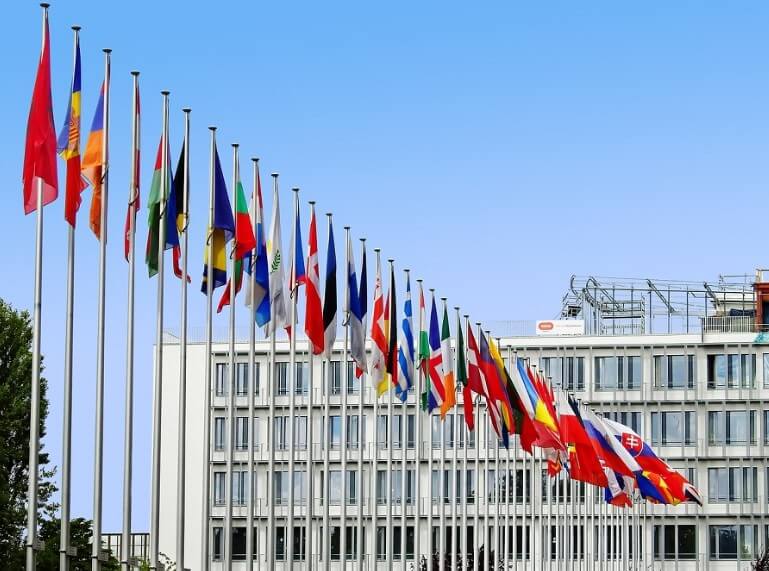Choosing the Right Type of License for Incorporation
The EU is very relaxed in its policies and regulations as far as starting a new business is concerned, but it is still the responsibility of the investor or the shareholders to ensure that they follow all the necessary guidelines to stay within the regulatory framework. You can only indulge in a business activity that is approved and licensed by the EU, or by the licensing authority in the country where you have based your business. Deviation from the prescribed norms will have severe consequences, which can include lawsuits, penalty, and any other legal actions. Therefore, make sure that you understand your business and choose a license according to your specific requirements. Some of the fundamental requirements that are vital to set up a business in Europe: Proof of Identity such as a Passport, Business Purpose, Business Licenses & Permits for Incorporation, Lase Contracts, Hiring Plansm, Startup Capital, Tax Compliance...
Tax & Regulatory Implications
Europe has stringent VAT rules that are implemented proactively. Aside from VAT and GST, the corporate tax can vary from country to country. Europe is generally considered to be a high-tax economy, but some EU member nations provide an investor-friendly business environment that promises very low corporate taxes, with some countries even eradicating the concept of personal income tax entirely. Therefore, if the tax aspect of your business is one of your primary concerns, there are a few EU member nations that offer low-tax options for your startup, while some countries also offer a predetermined tax-free period, ranging from 12 months to five years.

Commencing Your EU Business
Several countries from across the globe offer special economic benefits for investors to set up a business venture within their boundaries. These benefits may be in the form of lower/no taxes, free trade agreements, import/export benefits, low-cost capital funding, and other considerations such as an environment that is conducive to safe and successful business operations. However, the business environment in Europe is indeed a class apart from the rest, which is why the EU continues to be the prime destination for investors, entrepreneurs, and startups from across the world.

 Starting a new business venture can be an exciting proposition, but it can also be quite daunting if you don’t have any specific know-how about the way businesses works. Of course, preparation and in-depth research are considered to be vital components of launching a successful business. Regardless of your experience, or lack of it thereof, you should certainly take the plunge into showcasing your idea to the rest of the world, especially if you have a revolutionary concept that is capable of taking the world by storm. Anyway, there
Starting a new business venture can be an exciting proposition, but it can also be quite daunting if you don’t have any specific know-how about the way businesses works. Of course, preparation and in-depth research are considered to be vital components of launching a successful business. Regardless of your experience, or lack of it thereof, you should certainly take the plunge into showcasing your idea to the rest of the world, especially if you have a revolutionary concept that is capable of taking the world by storm. Anyway, there 





